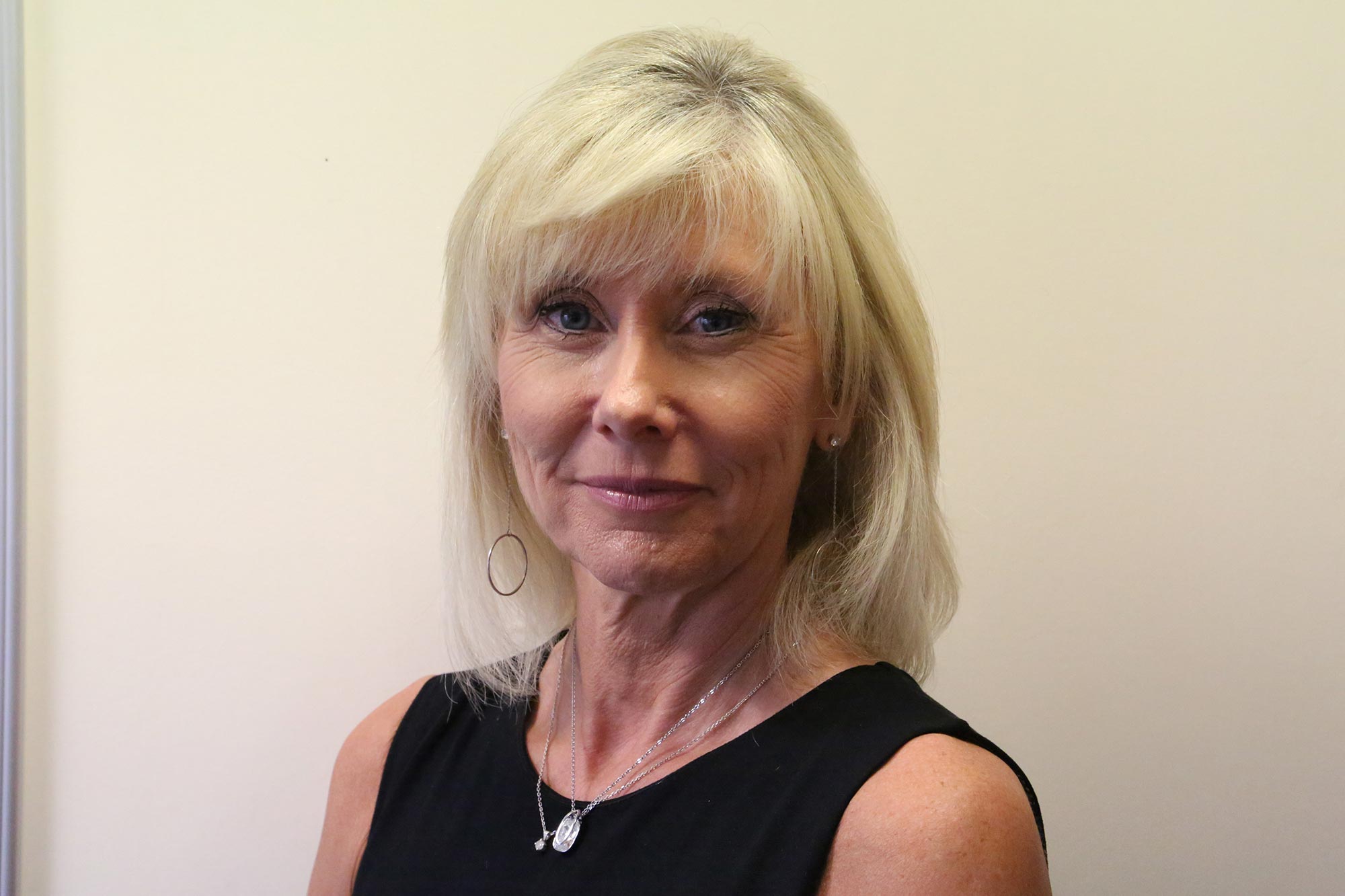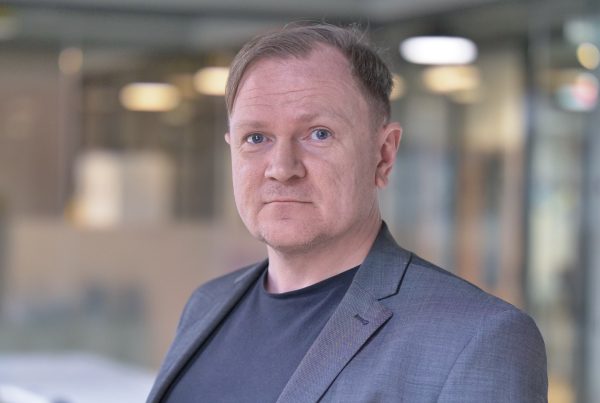By Jenny Patrickson, Managing Director, Active IQ
On 10 December last year, as many of us started to down tools in the run-up to Christmas, a very important report was published. The Committee on a National Plan for Sport and Recreation report calls for a national plan for sport, health and wellbeing in a bid to coordinate departments to deliver real change. ukactive responded to the report with a statement from CEO Huw Edwards, available to read here.
Now, with Christmas and the New Year behind us, we have a chance to take a closer look at the report and see what we, as an industry, can do to help drive forward the recommendations in respect of providing facilities and services. Importantly, we must also prioritise the people in our industry, build pride in our work and ensure we train, recruit and retain the best talent to help fulfil this ambitious national plan.
Of course, it’s not the first such plan. Industry bodies including ukactive, CIMSPA, Sport England and numerous committees at local and national level regularly put forward the case for sport, recreation and leisure activities to safeguard the nation’s physical and mental health, combat disease, reverse inactivity and safeguard social development and communities.
At the heart of all these reports and action plans are people – those whose health and wellbeing we’re seeking to improve and protect and those working in our sector, whose skills and compassion combine to ensure proposed health, sport, recreation, leisure and participation goals are met.
Leisure facilities, pools and gyms employ close to 200,000 people – either as permanent staff, self-employed professionals or freelancers. These include personal trainers, instructors and coaches alongside front of house staff, facilities and management personnel.
It’s a sizeable workforce doing vital work for the health of the nation. Yet it’s not held in the highest regard nor given the respect it deserves. Many people think of a fitness industry worker in rather simple terms as a personal trainer, someone who works in a gym or takes fitness classes. While true to an extent, what they fail to notice or measure is the impact fitness professionals have on other people’s health and lives – including prehab and rehab from injuries and illnesses, potentially life-saving swimming lessons for youngsters, pre- and post-natal services, active ageing and, increasingly, social prescribing.
Whether working at a local authority facility, village hall or private gym, coaching at a sports club, school or youth club, fitness professionals and leisure managers are performing a vital role in underpinning the proposed national plan.
The report rightly reminds us that, “the sport and recreation workforce receive inadequate recognition” while also acknowledging, “the contribution of the workforce in supporting a more active and healthy nation is fundamental to the success of the national plan”. While no doubt true, that same workforce is widely undervalued and/or low paid.
Many people join our sector as they are seeking a vocational career – much as teachers and nurses follow their instinct to do worthwhile work, even if it’s not known to pay well. And we’re all the stronger for such people whose empathy and compassion combine with their skills to make them consummate professionals.
The career pathway for a fitness professional should be clear and accessible to all with professional training, skills development and progression assured. Apprenticeships are a great opportunity for employers to recruit and retain talented individuals and we must ensure that access and funding to these are straightforward. They remain one of the best routes into our industry for people to earn as they learn and follow a clearly mapped out pathway.
We will all know someone in the industry who started out in a modest Level 1 or Level 2 position before training up to hold a management position. Or perhaps you, or someone you know, started out as a leisure centre member who loved the gym, group exercise or a particular sport so much they decided to turn their hobby into their work. Not to mention, the many volunteer roles available in our sector where, after a little training, people can qualify to step up their involvement.
The sector’s training providers, employers and awarding bodies must strive to bring these opportunities to the fore – among people already in our sector looking to progress and upskill and those considering a career in the leisure industry.
We applaud the ambitions of the national plan and support the drive to develop facilities and services, and keep the doors open for people to access leisure and community activities. But we also ask that the people who work within the leisure sector are prioritised and valued.
Active IQ is a member of the ukactive Strategic Partner Group – find out more here.
Disclaimer: Any views or opinions expressed are solely those of the author and do not necessarily represent those of ukactive.




